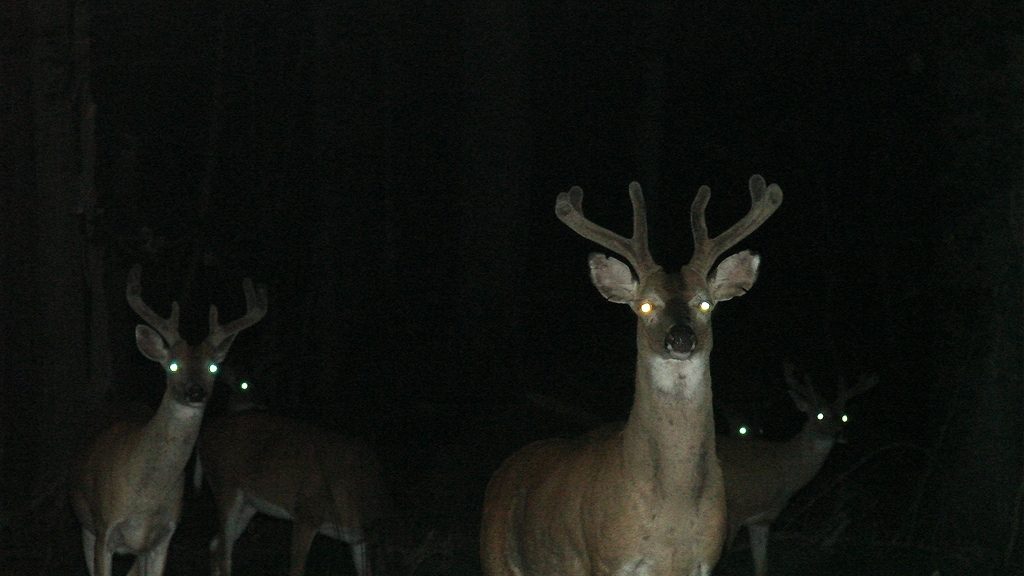A new study led by researchers at the University of California, Berkeley, found evidence that we humans are causing the world’s mammals to become more nocturnal.
Published in the journal, Science, the new study is said to be the first to determine the impact humanity is having on the day-to-day activities of wildlife around the planet.
To reach their findings, the researchers analyzed data on 62 species across six of the world’s continents.
The animal behavior data they studied was collected using a variety of methods, including direct observation, GPS, radio collars, and remote-controlled cameras.
According to the paper’s lead author, Kaitlyn Gaynor, of Berkeley, animals throughout the world responded strongly to all types of human disturbance, even when people weren’t posing a direct threat.
She said this suggests that just our mere presence is enough to disrupt their natural behavioral patterns.

























Comments are closed.